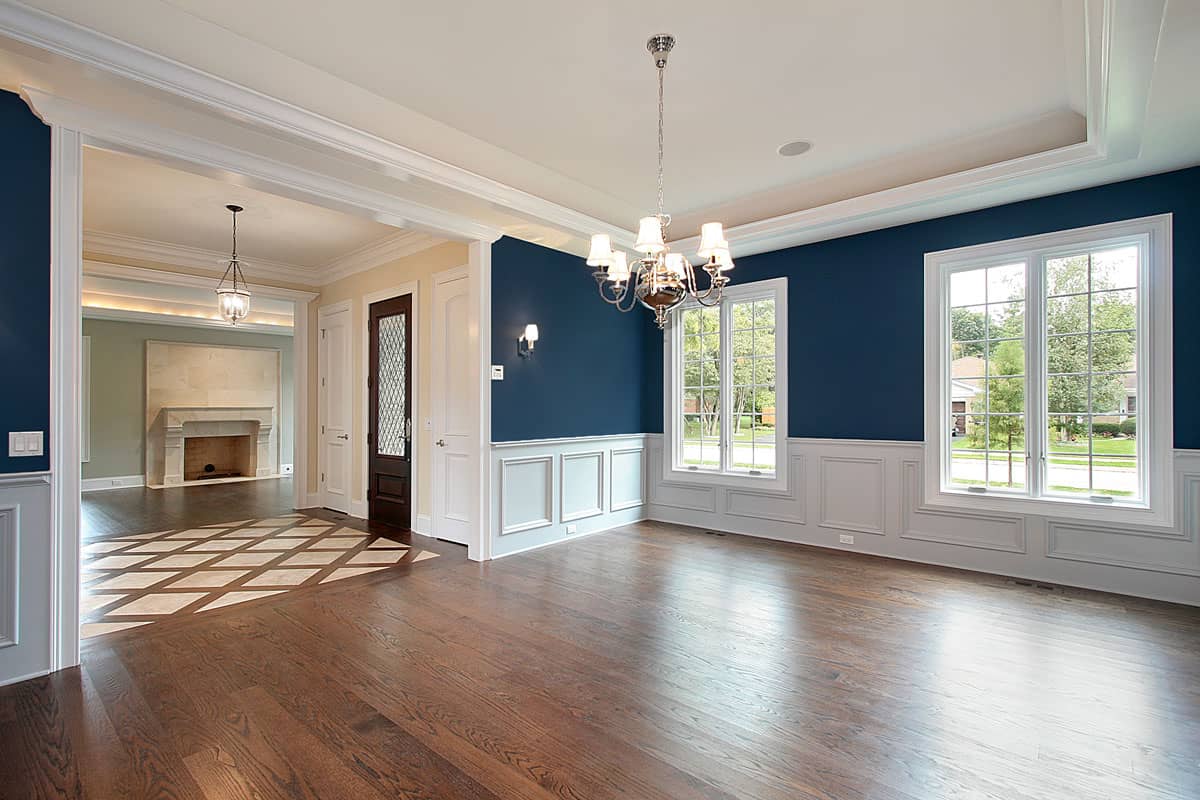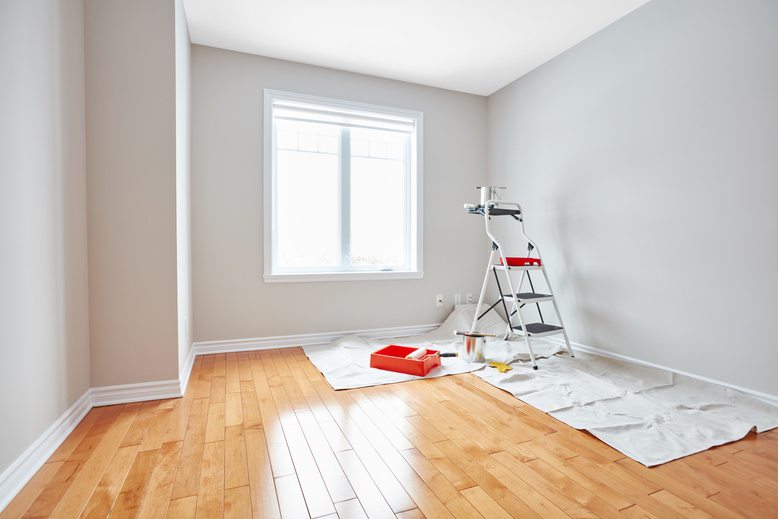High-Quality Lakewood Interior Painting to Enhance the Beauty of Your Space
Wiki Article
Enhance Your Interior Decoration With Comprehensive Shade Appointment
The combination of shade appointment right into interior decoration provides an one-of-a-kind opportunity to fine-tune and raise the psychological and visual vibration of a space. By engaging with an experienced color professional, you can browse the intricacies of color selection, guaranteeing that your options not just complement building features but also resonate with personal style and psychological effect. This calculated collaboration can dramatically affect the total ambience of your environment, fostering a feeling of consistency and objective. Recognizing the subtleties of this process is vital-- what essential aspects should be considered to achieve optimum outcomes?Benefits of Shade Examination

Moreover, color examination help in making the most of natural light and maximizing spatial assumption. Lighter hues can make a room appear even more expansive, while darker shades develop an intimate setting. Cleveland Metro Painting Specialists. This calculated application of color can substantially influence the general setting of any kind of interior space
Additionally, expert specialists possess a detailed understanding of existing fads and classic standards, making certain that the picked shades will certainly stay attractive with time. This insight can conserve clients from expensive redesigns in the future. Lastly, color assessment empowers clients by providing them with a clear vision and instructions, cultivating self-confidence in their style options and eventually resulting in a more satisfying and effective interior design outcome.
Recognizing Color Psychology
The significance of shade psychology in interior decoration can not be overemphasized, as it looks into the psychological and psychological effects that numerous colors can evoke in people. Colors can affect mood, actions, and even productivity, making them an essential factor to consider in any style project.For example, warm shades such as red, orange, and yellow are frequently linked with energy and heat. They can boost sensations of exhilaration and comfort, making them appropriate for social spaces like living spaces or kitchens. On the other hand, cool colors like blue, eco-friendly, and purple often tend to stimulate calmness and harmony, making them perfect for rooms or meditation areas.
In addition, making use of neutral tones can produce a well balanced environment by enabling the bolder shades to stand out without overwhelming the detects. Recognizing these psychological effects makes it possible for designers to create areas that not just look cosmetically pleasing but likewise advertise psychological health.
Incorporating color psychology right into interior decoration includes a thoughtful choice of colors customized to the desired function of each space, eventually improving the general experience for its owners. This awareness is important for attaining a unified and useful indoor environment.
The Color Wheel Explained
It comprises key shades-- red, blue, and yellow-- that can not be created by mixing various other colors. Tertiary shades result from mixing a key and a second color, leading to hues such as green and red-orange.The shade wheel helps developers understand the relationships between shades, including corresponding, comparable, and triadic plans. Corresponding shades, positioned opposite each various other on the wheel, produce dynamic contrasts that can invigorate an area. Analogous shades, located beside one an additional, provide a natural and harmonious appearance. Triadic plans make use of three evenly spaced shades, offering equilibrium and visual passion.
Utilizing the color wheel in interior decoration not just boosts aesthetic allure however likewise stimulates particular feelings and ambiences, making it a vital reference for color appointment. Understanding these connections inevitably empowers designers to develop rooms that are both functional and aesthetically exciting.
Picking the Right Scheme
Frequently, choosing the appropriate palette is a definitive aspect in attaining an effective interior decoration job. An appropriate shade system can unify a space, enhance its functions, and stimulate desired emotions. To begin, think about the function of the space. Various rooms offer diverse features and need palettes that reflect their designated use; as an example, relaxing colors such as soft blues or eco-friendlies work well in bed rooms, promoting relaxation.Light can drastically alter just how colors appear, so it is crucial to examine the room at various times of the day. A harmonious palette must complement these attributes, producing a cohesive appearance throughout the space.
When picking colors, make use of the 60-30-10 policy, which suggests that 60% of the area should be a leading color, 30% a second color, and 10% an accent shade. This ratio makes sure balance and aesthetic interest (Cleveland Metro Painting Specialists). Ultimately, sample shades on the wall surfaces before devoting, as this allows you to see just how the hues engage with one another and the general ambiance they produce in your indoor design task.
Collaborating With a Shade Professional

When collaborating with a shade expert, the procedure normally begins with an initial appointment. During this conference, you'll discuss your vision, choices, and the existing elements in your area. The specialist will analyze your demands and may over at this website suggest specific shade palettes that straighten with your objectives.
After establishing an instructions, the expert will supply examples and aesthetic aids to assist you envision the suggested color plans. This action is essential, as colors can appear differently under varying illumination conditions.
Furthermore, a color consultant can lead you in picking corresponding furnishings, art work, and devices to harmonize with your picked scheme. By collaborating closely, you can accomplish a refined visual that elevates your insides and produces a welcoming environment. Inevitably, the expertise of a color expert can substantially improve the overall impact of your design project.
Final Thought
In summary, comprehensive shade assessment offers as a vital tool for boosting interior style. By leveraging specialist expertise of color psychology and spatial characteristics, a customized color palette can be created to evoke particular feelings and develop an unified environment.By engaging with an experienced shade specialist, you can browse the intricacies of shade option, ensuring that your selections not just complement architectural functions but also resonate with personal style and mental effect. It makes up main shades-- red, blue, and yellow-- that can not be produced by blending various other colors.The color wheel assists designers comprehend the find out here now connections in between colors, including complementary, analogous, and triadic schemes.When selecting colors, utilize the 60-30-10 rule, which recommends that 60% of the room need to be a leading shade, 30% an additional color, and 10% an accent color. By leveraging expert knowledge of shade psychology and spatial characteristics, a customized color palette can be developed to stimulate details feelings and produce a harmonious environment.
Report this wiki page